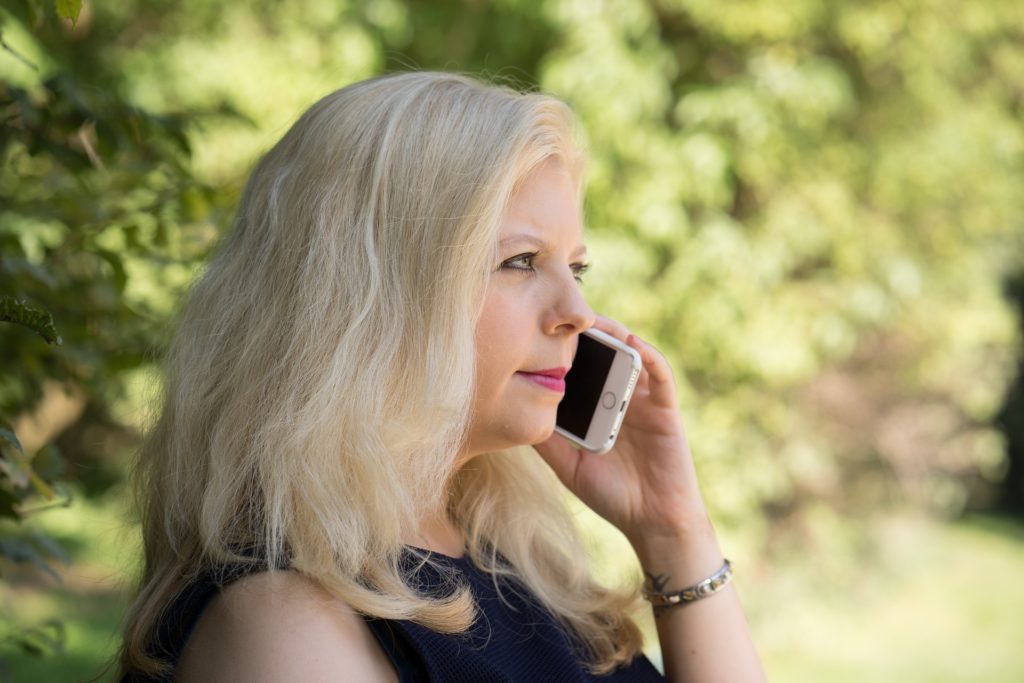
Adverse Effects
Addictions are extremely complex disorders that impact a person in multiple ways, including physically, emotionally, socially, psychologically, and financially. It is easy to assume that the adverse effects that often arise from any form of addiction only impact the individual suffering, however, addiction has a way of also hurting loved ones, the community, and society as a whole.
Because there are so many different forms of addiction, including substance abuse addiction, sexual addiction, pathological gambling or gaming use, pornography, food addiction, and more, it can be difficult to understand the scope in which addiction impacts both individuals and loved ones.

While different addictions may result in varying effects and consequences, there are often similarities among the developing factors that influence addiction behaviors in general. While a person addicted to pornography will likely suffer different effects than the individual addicted to alcohol, their lives may be impacted in similar ways. There may also be common roots between addictions that similarly influence the development of addictive behaviors.
Exploitation
One common way in which countless individuals and loved ones are impacted by an addiction is through financial means. Whether the addiction is to drugs, alcohol, sex, gaming, gambling, food, shopping or other forms, finances are almost always exploited in order to fund the addictive behaviors.
 Many addicts, in desperation to continue their behaviors and habits, will take extreme measures to obtain the finances they need to obtain their drug of choice, such as stealing money, sell property or belongings, taking out a second mortgage or loan, charging credit cards to their max limits, utilizing savings and more.
Many addicts, in desperation to continue their behaviors and habits, will take extreme measures to obtain the finances they need to obtain their drug of choice, such as stealing money, sell property or belongings, taking out a second mortgage or loan, charging credit cards to their max limits, utilizing savings and more.
In the process of obtaining needed finances, an addict will often destroy the trust of a loved one in a relationship. Whether with a spouse, partner, parents, siblings, or children or other extended family members or friends, making poor choices when it comes to money can essentially break the trust that was once established in a relationship.
This may be even more so if a person was directly impacted and involved, such as if money was stolen or used without authorization or notice. Many loved ones find themselves picking up the pieces of an addict’s financial exploitation and struggling to find stability and make ends meet.
Rebuilding Relationships
Perhaps one of the most difficult aspects of recovering from an addiction is the rebuilding phase, in which relationships must be restored and trust gained once again. If you have found yourself in this situation, it is important to be honest with yourself and your loved ones and work with professionals to get help and find recovery.
 As long as an addiction is active and undealt with, attempting to rebuild relationships, trust and finances is futile. The first step towards repairing any relationship destroyed by an addiction is to get professional help and treatment. Taking this necessary step in itself is a sign of action and proactive choice towards recovery.
As long as an addiction is active and undealt with, attempting to rebuild relationships, trust and finances is futile. The first step towards repairing any relationship destroyed by an addiction is to get professional help and treatment. Taking this necessary step in itself is a sign of action and proactive choice towards recovery.
Many families and loved ones often find that the process of rebuilding trust is something that happens slowly over time, and it is important to be patient throughout the process and dedicated to your recovery journey. Involving family members and loved ones in your recovery can also be helpful and a therapeutic step for all involved, and you may all benefit from counseling under the guidance of a qualified marriage and family therapist.
Being open with your loved ones is also key, as addictions often thrive on lies and manipulation. Be willing to discuss your past and your history and work together with treatment professionals to find out ways you can grow as an individual. The process may be long and difficult, but in the end, rebuilding relationships with the people in your life who you care about the most is worth more than anything in the world.

About the Author: Crystal is a Masters-level Registered Dietitian Nutritionist (RDN) with a specialty focus in eating disorders, maternal/child health and wellness, and intuitive eating. Combining clinical experience with a love of social media and writing, Crystal serves as the Special Projects Coordinator for Eating Disorder Hope/Addiction Hope, where her passion to help others find recovery and healing is integrated into each part of her work.
As a Certified Intuitive Eating Counselor, Crystal has dedicated her career to helping others establish a healthy relationship with food and body through her work with EDH/AH and nutrition private practice.
The opinions and views of our guest contributors are shared to provide a broad perspective of addictions. These are not necessarily the views of Addiction Hope, but an effort to offer discussion of various issues by different concerned individuals.
We at Addiction Hope understand that addictions result from a combination of environmental and genetic factors. If you or a loved one are suffering from an addiction, please know that there is hope for you, and seek immediate professional help.
Reviewed By: Jacquelyn Ekern, MS, LPC on February 19, 2016
Published on AddictionHope.com
